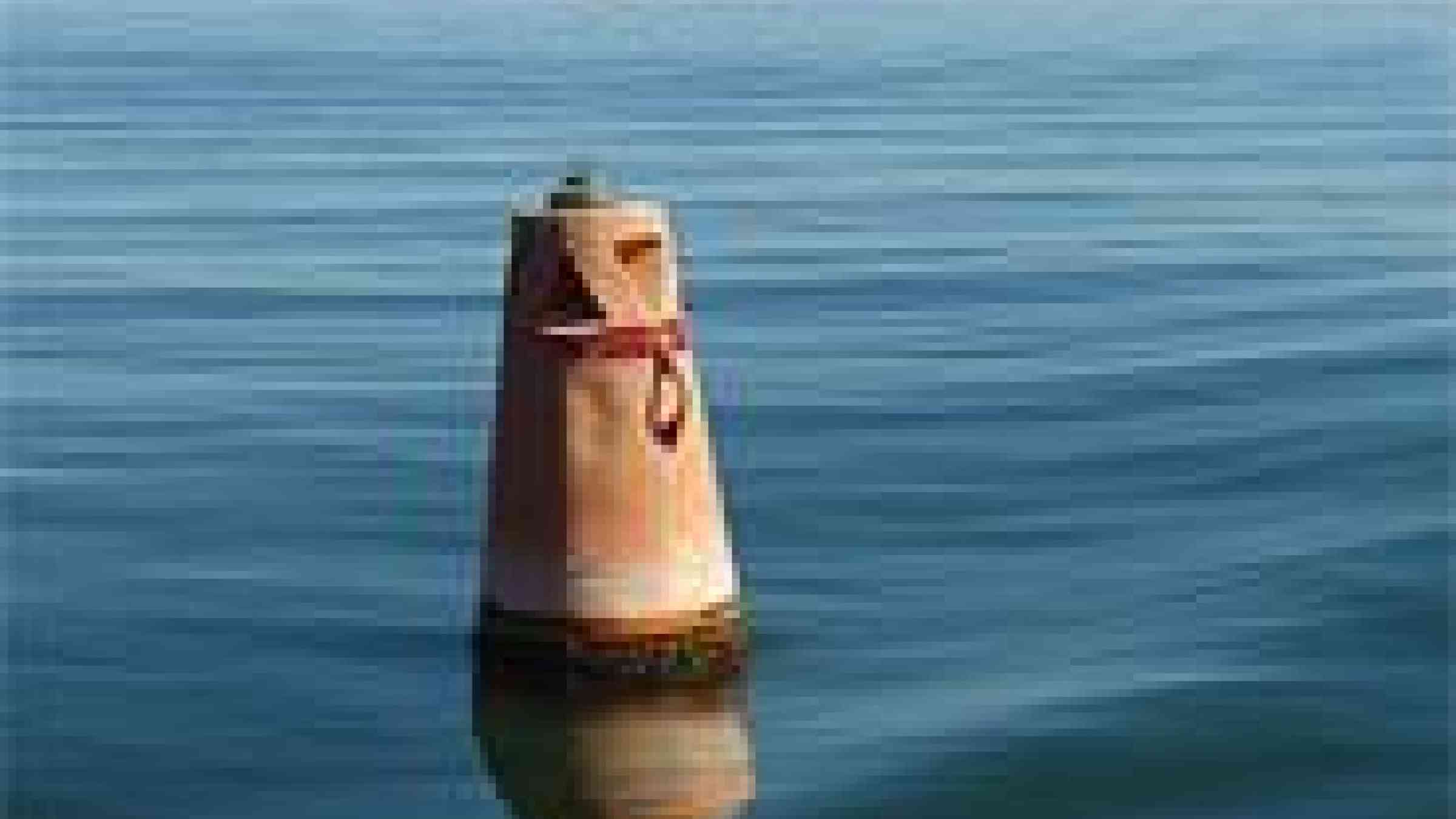Let's be prepared for tsunami threat in Caribbean, Gulf

Technology and preparedness save lives and protect livelihoods. The recent earthquake off Indonesia provided a shining example. The Indian Ocean Tsunami Early Warning System, coordinated through the Intergovernmental Oceanographic Commission of the United Nations Educational, Scientific and Cultural Commission(UNESCO-IOC), worked as it was designed following an 8.6 magnitude earthquake off northern Indonesia. Largely due to education programs, Indonesians living in coastal communities were able to mobilize and safely move to higher ground. As soon as the threat of a tsunami had passed, the all clear was sounded.
Far from the Indian Ocean, but not far from our concern, are the Caribbean Sea and the Gulf of Mexico. For UNESCO-IOC and the scientists who research and follow these powerful phenomena, the Caribbean is a case of when, not if. Lurking beneath the azure waters that wash up on countless coastal and island beaches and vacation spots is the potential for a devastating tsunami.
Since 1498 there have been at least 94 tsunamis with run-ups reported in the Caribbean region, causing 4,652 deaths.
Most of these tsunamis were associated with underwater, or what are called submarine earthquakes, although the Caribbean Sea region has all of the potential tsunami-generating sources: submarine earthquakes, subaerial or submarine landslides and volcano activity. Sound science-based tsunami inundation modeling has been performed for all of Puerto Rico and several localities in the French Antilles and Venezuela, which demonstrates real tsunami threats for this region. In addition to the 40 million people living in the region, 22 million people annually visit the Caribbean, making the region extremely vulnerable to the impacts of tsunamis.
The installation of the Tsunami Early Warning System for the Caribbean was largely supported by the United States, among other countries, but following the vote of the General Conference to admit Palestine as a full member to UNESCO, all funds were cut in adherence to U.S. law. The loss would have seriously delayed this important project.
Realizing this, Director General Irina Bokova assigned emergency funds to the Tsunami Early Warning System for the Caribbean earlier this year, keeping us on track for our work. We expect the system to be in place by 2014, with the U.S. having adopted a phased approach to establish a Caribbean Tsunami Warning Center located in Puerto Rico.
The absence of the Caribbean early warning system does not mean the region is unprotected, as it is covered on an interim bases by the Hawaii-based Pacific Tsunami Warning Center. But once implemented, the system in the Caribbean will enhance our ability to evaluate data and ensure that timely information is passed on to authorities and most importantly the public, for the safety and security of all in the region.
Since the mid 1960s, UNESCO has had the responsibility of coordinating the Tsunami Early Warning System in the Pacific and following the devastating Sumatra earthquake in 2004, which resulted in widespread death and destruction across the region, UNESCO has been responsible for the Indian Ocean system as well. The system had been tested in a simulation exercise in October of last year. The United States is also involved in the Indian Ocean system, and is an important strategic partner.
The results of these efforts are that nature's fury may not be subdued, but the cost in terms of human lives and economic devastation can be substantially reduced and our capacity to rebuild afterward significantly enhanced.
By Wendy Watson-Wright, Assistant Director General and Executive Secretary, UNESCO Intergovernmental Oceanographic Commission
This article was first published in the Houston Chronicle on 26 April 2012